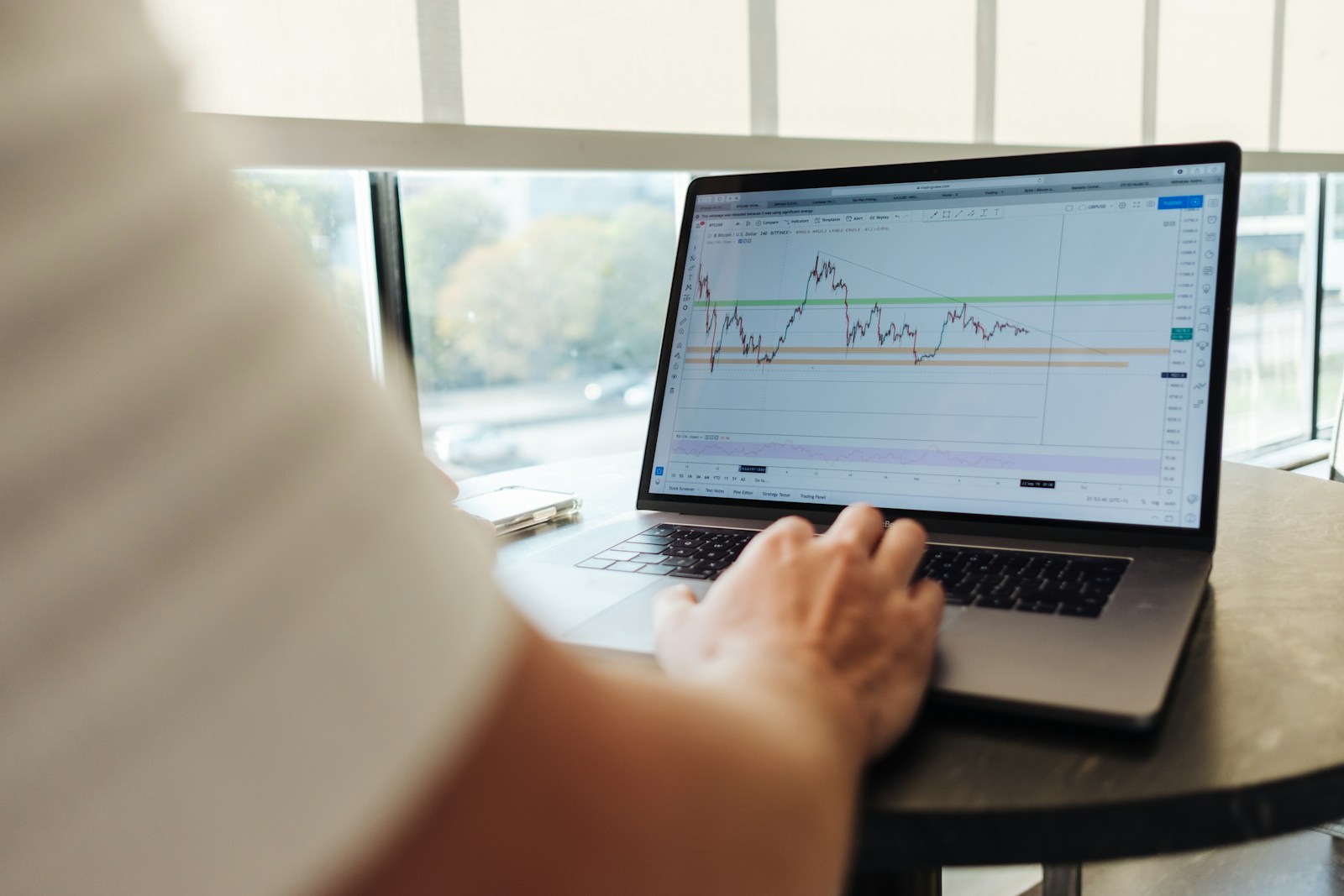In the fast-paced world of trading, the temptation to engage in constant activity can be overwhelming. Overtrading—excessively entering and exiting trades beyond your plan or strategy—is a common pitfall that affects traders of all levels. While it might seem like “doing more” can lead to greater profits, overtrading often results in the opposite: unnecessary losses, emotional exhaustion, and diminished focus.
This article explores the psychology behind overtrading, its consequences, and practical strategies to avoid falling into this destructive habit.
What is Overtrading?
Overtrading occurs when a trader places too many trades, often without proper analysis, planning, or adherence to a strategy. This behavior is typically driven by emotions like greed, fear, or frustration, rather than logic and discipline.
Overtrading can manifest in several ways, such as:
1. Chasing the Market
Constantly entering trades to capture every small price movement.
2. Revenge Trading
Making multiple trades to recover losses.
3. Ignoring Risk Management
Taking on excessive positions or trading beyond your planned limits.
Why Do Traders Overtrade?
Overtrading is deeply rooted in human psychology. Here are some of the common psychological triggers:
1. Greed for Quick Profits
The desire to make more money quickly can push traders to open multiple positions, often without proper analysis. This greed overrides logical decision-making and increases risk exposure.
2. Fear of Missing Out (FOMO)
Watching a market move without being part of it can trigger anxiety and a need to “get in.” This fear often leads to impulsive trades that don’t align with a trader’s strategy.
3. Emotional Reactions to Losses
After experiencing a loss, traders may enter additional trades to “win back” what they’ve lost. This revenge trading is typically unplanned and emotionally driven.
4. Overconfidence
A streak of successful trades can lead to overconfidence, causing traders to take on excessive positions or deviate from their plan in an attempt to maximize gains.
5. Lack of Patience
Some traders feel the need to always be in the market, believing that constant activity equals progress. This impatience often leads to poorly timed trades.
6. Addiction to Action
The adrenaline rush from making trades can be addictive. For some, trading becomes less about strategy and more about satisfying the need for excitement.
The Consequences of Overtrading
1. Increased Losses
Overtrading often involves making impulsive decisions without proper analysis. This increases the likelihood of poorly timed entries and exits, leading to unnecessary losses.
2. Higher Transaction Costs
Frequent trading incurs higher fees, commissions, and slippage, which can eat into profits or amplify losses.
3. Emotional Burnout
Constant trading and the stress of managing multiple positions can lead to mental fatigue, reducing your ability to make clear and rational decisions.
4. Diminished Discipline
Overtrading erodes discipline by encouraging traders to deviate from their strategy. Once discipline is lost, it becomes challenging to regain focus and consistency.
5. Reduced Account Longevity
Overtrading can deplete your trading account more quickly, leaving less room for recovery after losses.
How to Avoid Overtrading
1. Stick to a Trading Plan
A well-defined trading plan outlines when to enter and exit trades, how much to risk, and which setups to trade. Following your plan helps you avoid impulsive decisions.
2. Set Daily or Weekly Trade Limits
Limit the number of trades you can take in a day or week. This prevents overtrading and encourages you to focus on high-quality setups rather than quantity.
3. Focus on Quality, Not Quantity
Adopt the mindset that fewer, well-analyzed trades are more profitable than frequent, impulsive trades. Patience often leads to better opportunities.
4. Keep a Trading Journal
Track your trades, including your emotions and reasoning behind each one. Reviewing your journal can help you identify patterns of overtrading and adjust your behavior accordingly.
5. Take Breaks
Step away from the screens periodically to reset your mind. Overtrading often occurs when traders are fatigued or overly focused on short-term movements.
6. Use Alerts and Automation
Set price alerts or use automated trading tools to avoid constantly monitoring the market. This reduces the temptation to make impulsive trades.
7. Accept That You Can’t Catch Every Move
Markets are always moving, but you don’t need to trade every fluctuation to be successful. Accepting that missing a trade is okay can reduce FOMO-driven overtrading.
8. Practice Mindfulness and Emotional Regulation
Learn to recognize when emotions are driving your decisions. Techniques like meditation or deep breathing can help you stay calm and focused.
Example of Overtrading
Let’s say a trader sets a goal to make three high-quality trades per day based on their plan. However, after losing two trades in a row, they feel frustrated and take five additional trades outside their strategy in an attempt to recover losses.
By the end of the day, they’ve compounded their losses due to poor setups, higher transaction costs, and emotional decision-making. Had they stopped after three trades, they could have preserved their capital and avoided unnecessary stress.
Reframing Your Mindset Around Trading
Successful trading isn’t about constant activity—it’s about disciplined execution of a well-thought-out strategy. The best traders prioritize process over action, focusing on long-term consistency rather than short-term thrills.
1. Value Discipline Over Results
Reward yourself for sticking to your plan, regardless of the trade’s outcome. This reinforces good habits and reduces the urge to overtrade.
2. Focus on Risk Management
Always prioritize protecting your capital over chasing profits. Overtrading undermines effective risk management and increases the likelihood of drawdowns.
3. Embrace Patience
Some of the best trades come from waiting for the right setups. Patience is a key trait of successful traders.
Conclusion
Overtrading is a common but avoidable mistake that stems from emotional impulses, lack of discipline, and a misunderstanding of what makes a trader successful. By recognizing the psychological triggers behind overtrading and implementing strategies to combat it, you can protect your capital, reduce stress, and build a more consistent approach to trading.
Remember, trading is a marathon, not a sprint. Fewer, well-executed trades are far more powerful than a flurry of impulsive actions. Success lies in discipline, patience, and trusting your process—not in chasing constant activity.
Trade less. Trade smart. Trade with purpose.









